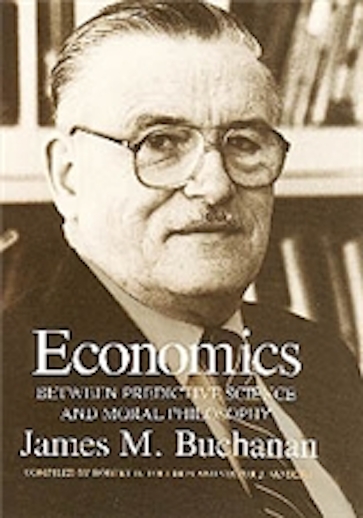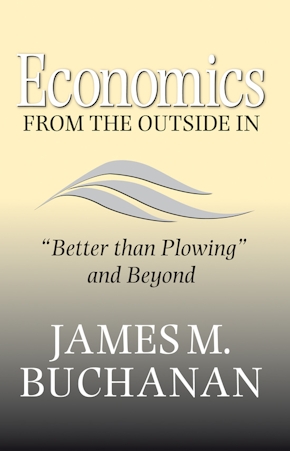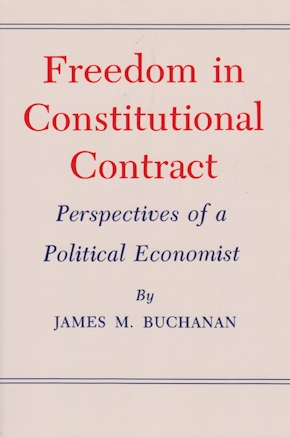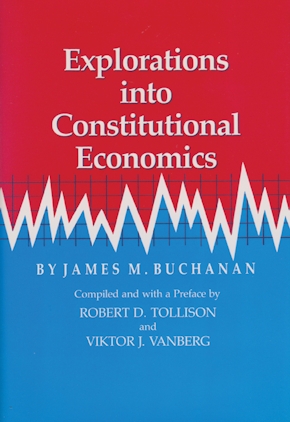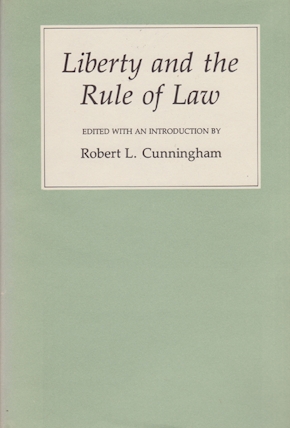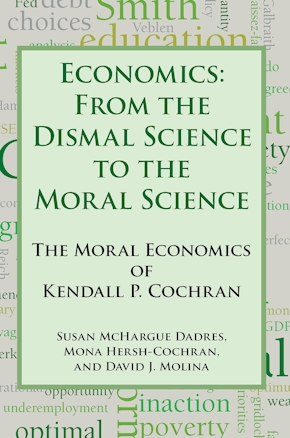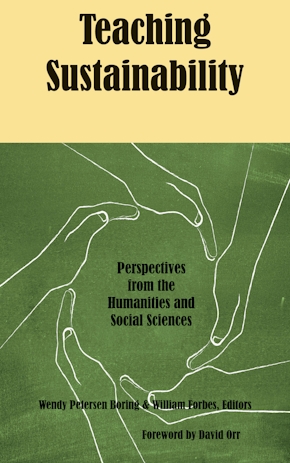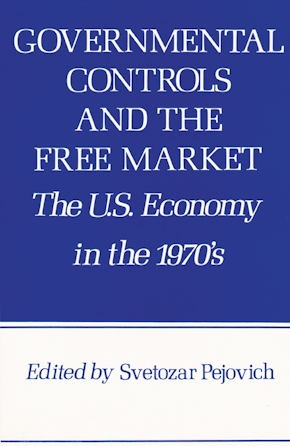Economics
Between Predictive Science and Moral Philosophy
978-0-89096-992-2 Paperback
6 x 9 x 0 in
432 pp. 28 line drawings.
Pub Date: 06/01/2000
Available
BUY NOW
- Paperback $25.95 s
- Cloth $49.95 s
Buchanan is perhaps best known as a man who changed the ideas of a generation of scholars about the way the social and economic world works. Rather than working within a tradition, he created his own in the Virginia school of political economy. Aside from published works, his influence has been felt in lectures, conferences, and comments on his colleagues' work.
This book will be valuable both to first-time readers of Buchanan's writings and to those already familiar with his contributions to economics.
Texas A&M University Economics Series
About the Author
Reviews
Published by Texas A&M University Press
